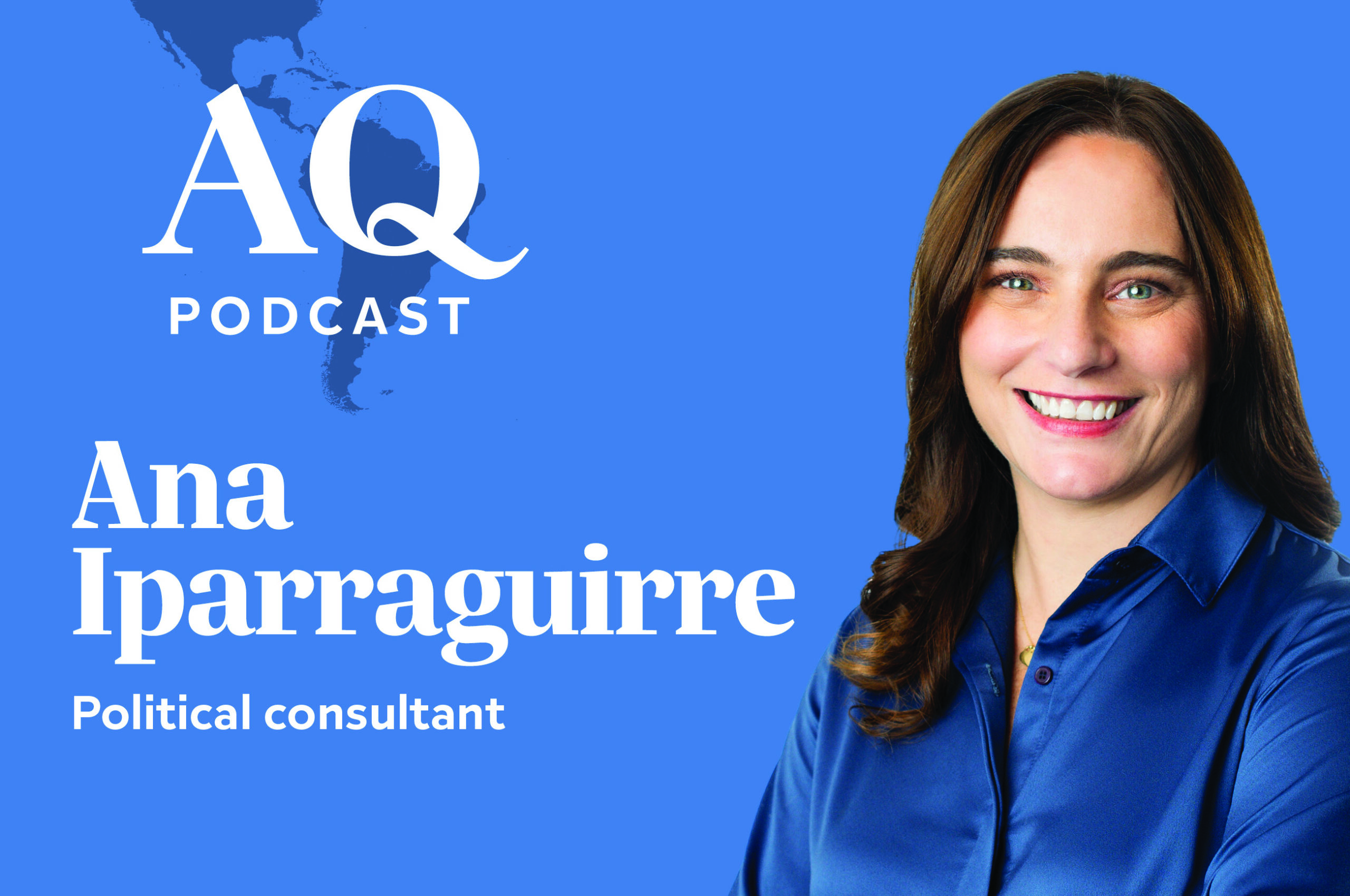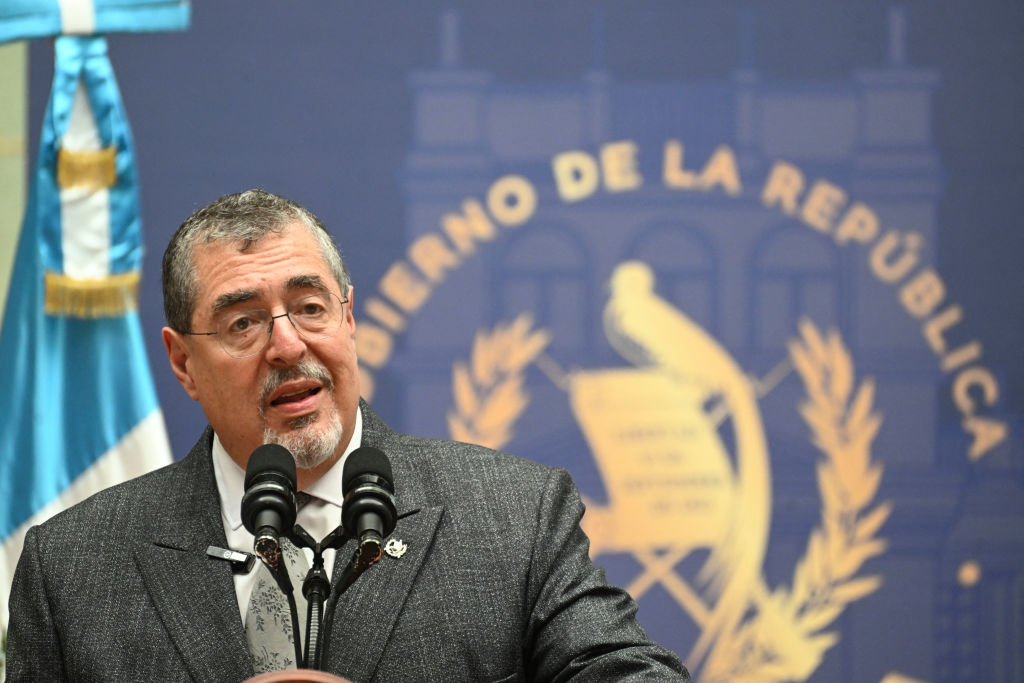Chávez Tightens Screws Before November Elections
Chávez Tightens Screws Before November Elections
Venezuela continues its trend of nationalizations, with the cement industry serving as the latest example. Meanwhile, a series of decrees and blacklisting of candidates in advance of November municipal elections appear designed to strengthen Chávez’s hand.
Since winning second reelection in 2006, Venezuelan President Hugo Chávez tightened state control over the economy through a series of nationalizations. And despite his government’s loss in a December 2007 constitutional referendum, Chávez recently used expiring decree powers to approve a series of controversial laws—several of which were similar to those rejected by voters. A week later, the Venezuelan Supreme Court upheld a ruling that disqualifies 272 mostly opposition candidates from running in November’s municipal elections based on pending corruption charges against them.
The August 18 nationalization of the cement industry serves as the latest in a series of government takeovers that began last year with telecommunications and went on to the sectors of energy, steel, and dairy producers. While Switzerland’s Lafarge and France’s Holcim reached agreements with Caracas, the government rejected Cemex’s price tag of $1.3 billion, saying it stands much higher than the value for the Mexican cement company’s assets. In turn, Cemex plans to challenge the takeover by presenting a claim to the International Center for Settlement of Investment Disputes. The takeover comes just after Cemex reported a 27 percent decline in profits in the second quarter, fueled largely by the U.S. housing crisis. The Wall Street Journal argues that Cemex’s investors should be more concerned by declining demand than Chávez’s move.
Nationalizations may also hurt foreign direct investment in Venezuela, which is expected to decline. "Among our clients, we have no real money investors interested in holding any Venezuelan paper," said RBC Capital Markets Analyst Paul Biszko to MarketWatch. Morevover, Venezuela faces inflation rates that loom above 20 percent, driven up by a rise in food prices. Caracas itself has a separate annual inflation index that soared past 33 percent this year, the highest in the last five years. To soothe the crisis, liquidity controls were set in motion by the government since June, yielding minor relief. Still, the country’s inflation rates remain among the highest in Latin America.
Despite some grim economic indicators, Chávez has been buoyed by others. Aided by rising fuel prices, Venezuela’s economy grew 7.1 percent in the second quarter paired with a positive account surplus that tripled in comparison with the same period from last year.
Chávez also strengthened his mandate through a series of controversial political moves. On July 31—as his 18-month decree powers were set to expire—the leader approved 26 laws based on a previous package of reforms turned down by voters last December. Among the new laws was a decree by which the government gains the right to seize assets if considers them of strategic value without consulting Congress or compensation in advance. Furthermore, Chávez can now appoint regional administrators with separate budgets, increasing his influence on municipal politics in advance of November’s municipal elections. That law’s approval was followed by a Supreme Court’s validating a “blacklist” that bans more than 270 candidates—including popular Caracas mayoral candidate Leopoldo López—from running in November. During those election, voters will select from candidates for more than 600 offices across the country.







